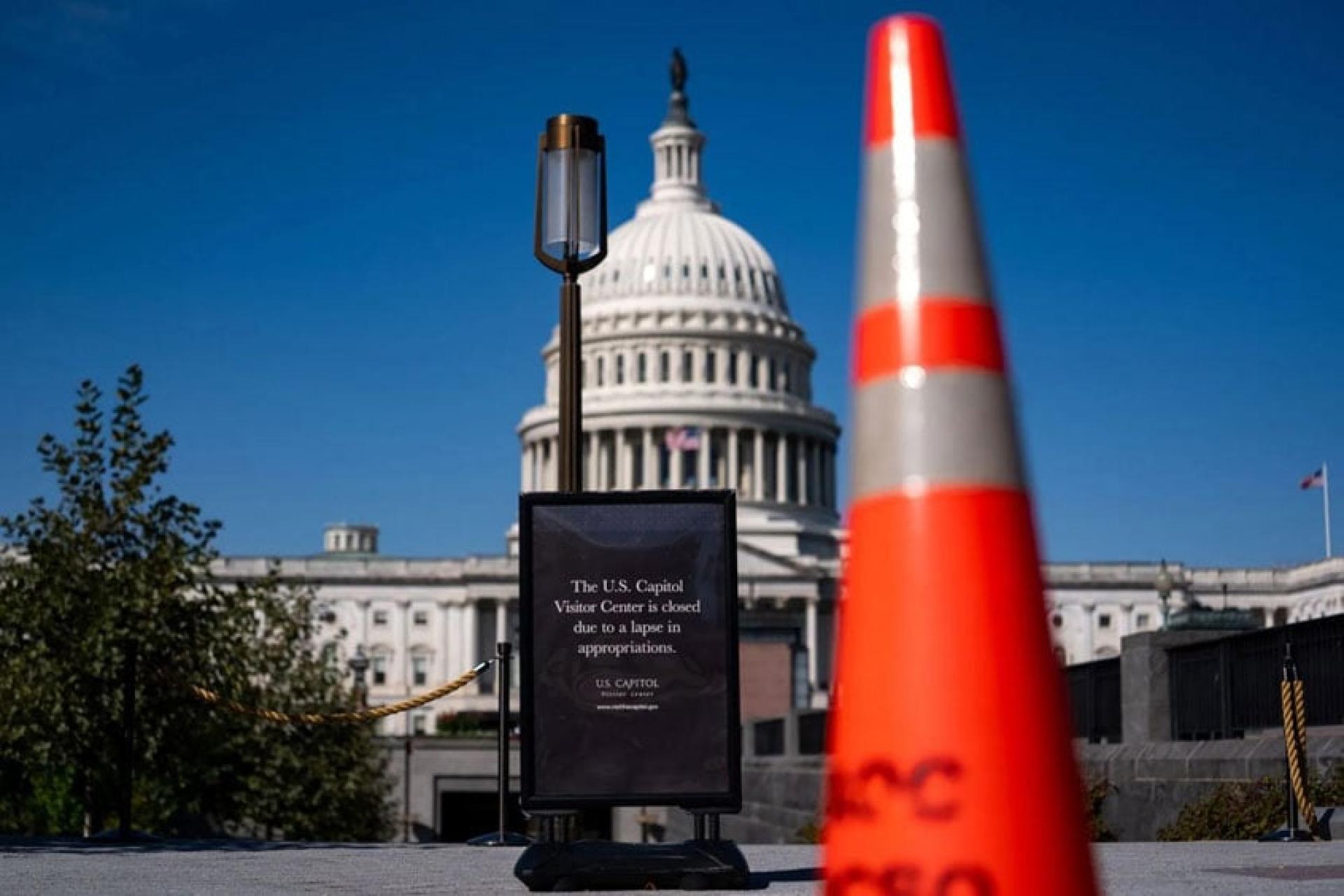The U.S. federal government's 'shutdown' entered its fifth week on the 29th. On the same day, the Congressional Budget Office issued an open letter warning that if the shutdown continues, it could cause the U.S. economy to lose between $7 billion and $14 billion (29.327 billion to 58.954 billion ringgit).
According to Xinhua News Agency, the Congressional Budget Office reported to the Chairman of the House Budget Committee in this letter that depending on the duration of the government shutdown, it is expected that the annualized growth rate of U.S. real GDP in the fourth quarter of this year will decline by 1% to 2%, and it is estimated that '$7 billion to $14 billion in economic output will be lost and cannot be recovered.'
The Congressional Budget Office predicts that once the government 'reopens,' the situation will improve somewhat. However, due to the closure of numerous federal agencies and offices and a slowdown in production, there will be significant impacts on the U.S. economy. As the federal government shutdown continues, the losses will worsen. With a four-week shutdown, the U.S. economy will lose $7 billion; a six-week shutdown will push the loss up to $11 billion (46.085 billion ringgit); and at eight weeks, the loss will reach $14 billion.
The Congressional Budget Office stated that the federal government stopping disbursements for the Supplemental Nutrition Assistance Program (SNAP) starting November 1 will exacerbate the economic impact of the shutdown.
The funds for the 'Supplemental Nutrition Assistance Program' will run out on October 31. This program covers about 42 million people nationwide, accounting for approximately 12.5% of the total population, most of whom have incomes below the poverty line. Those receiving assistance can use federal food aid in designated stores and other locations to purchase food. The Department of Agriculture, which is responsible for working with states to manage the program, recently announced that it will not use federal emergency funds to maintain food aid, a move which has prompted questioning and opposition from the Democratic Party.
Because the U.S. Senate failed to pass a new temporary funding bill before federal government funds were exhausted, the U.S. federal government 'shut down' again at 12:00 a.m. Eastern Time on October 1, after nearly seven years. Currently, about 750,000 so-called 'non-essential' federal employees have been forced to take unpaid leave, with even more employees working without pay. President Trump previously stated that employees forced to take leave might not receive back pay.
In an effort to end the shutdown, the Senate has voted 14 times on temporary funding bills, but none has secured enough votes to pass. Democrats are demanding that Republicans agree to negotiate on extending Affordable Care Act subsidies, otherwise they will not support a temporary funding bill; Republicans, on the other hand, say they will only negotiate if Democrats first vote to end the shutdown by passing the temporary funding bill.
